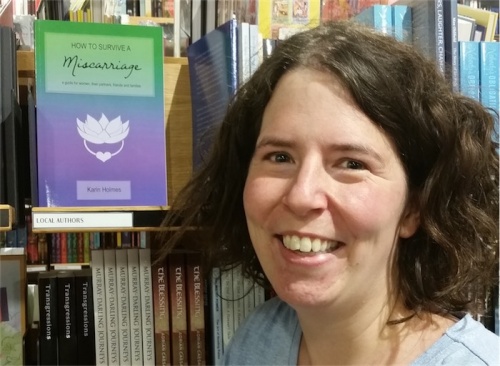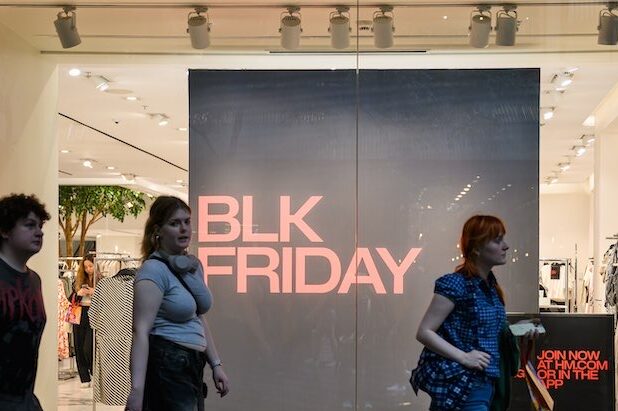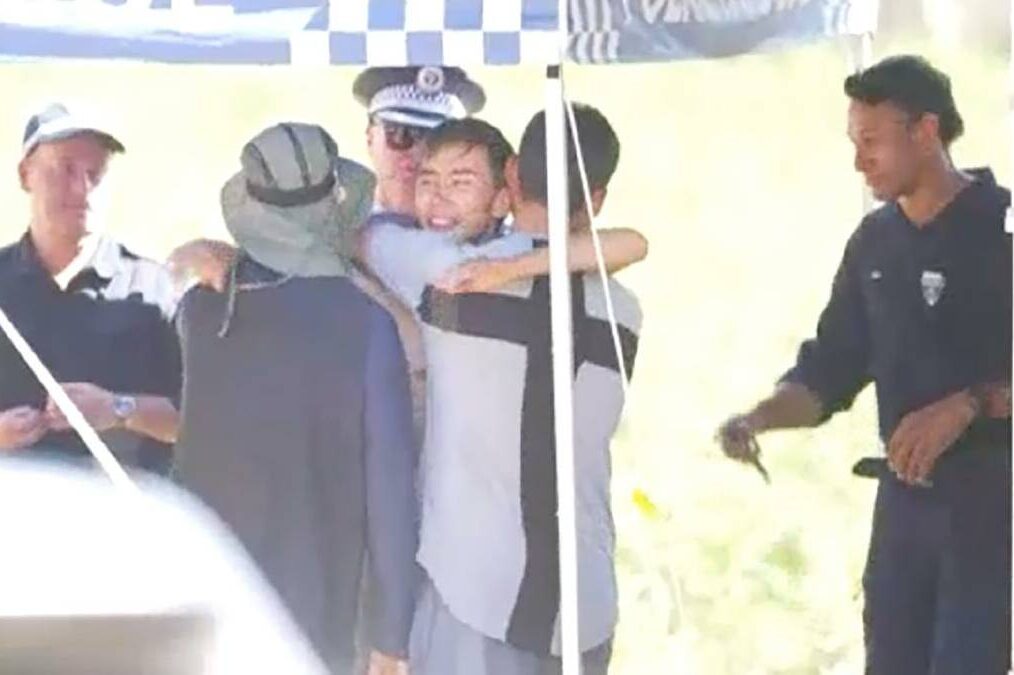
FOLLOWING a miscarriage in 2011, former journalist and now grief counsellor Karin Holmes turned to writing to cope with her complex emotions.
Her book “How to Survive a Miscarriage” is a guide for women in a similar situation, as she says she experienced very little in the way of support and understanding after losing her baby.
“As I was researching and connecting with other women, I realised we all had one thing in common – I found that sympathy has a time limit and grief does not, which makes suffering very lonely,” she says.
Karin says that while writing the book she decided she wanted to support people at these difficult times and began studying grief counselling.
Karin, 35, says she started bleeding at around six weeks, but wasn’t sure if it was a miscarriage as it would stop and start.
“I had an inconclusive ultrasound and I spent two weeks not knowing what was happening, and it took another week for the loss to be confirmed,” she says.
“I was eventually diagnosed with a missed miscarriage, which means the body can’t expel the pregnancy.”
Karin says the hospital sent her on her way with a leaflet but with not much idea of what to expect afterwards.
“Once I came out of hospital everyone seemed to think it was over and done with and nothing big, but it wasn’t like that for me and my emotions were very much that of grief,” she says.
“It was tricky, too, as I’d lost someone I hadn’t met and the fact that I was pregnant and there was life developing inside me but it also died inside me triggered a lot of complex emotions.
“I felt completely alone and as though no one wanted to know that or I wasn’t supposed to feel that way.”
Karin who’s now mum to Kiana, five, and Maisie, three, says that five months later she got in touch with Sands, the miscarriage, stillbirth and neonatal death charity, and for the first time heard someone say: “I’m so sorry for your loss”.
“It made me feel I was right to feel that way, that it was a real loss and I was being taken seriously,” she says.
“I just started crying because I had felt I was crazy, as I was struggling but no one seemed to think it was justified. But she said I was entitled to my grief and pain and it was such a relief to hear that.”
Karin says that the book came out of what she would have wanted to know and read in the first weeks, months and years after a loss.
“In our society no one wants to talk about death, which I understand, and no one wants to be reminded of their mortality but we fail so many people. So I say just show up – action speaks louder than words after a loss,” she says.
“It can be as simple as a hug, or sitting with that person and making sure they eat. Clean up, organise the school run, anything – don’t back away because you feel uncomfortable.
“Just listen and acknowledge that it’s real pain and a real loss.”
Karin says the book can help guide mums through loss towards healing, with coping strategies and advice for subsequent pregnancies.
“I’ve never felt so alone and I don’t want to ever again, it’s this bottomless pit of sadness and loneliness.
“It’s hidden pain, and it shouldn’t be.”
Books at $18.99 from karinholmes.com or from Harry Hartog in Woden, Book Passion at Belconnen Fresh Food Markets and Paperchain in Manuka. http://bit.ly/HowtosurviveaMiscarriage
Who can be trusted?
In a world of spin and confusion, there’s never been a more important time to support independent journalism in Canberra.
If you trust our work online and want to enforce the power of independent voices, I invite you to make a small contribution.
Every dollar of support is invested back into our journalism to help keep citynews.com.au strong and free.
Thank you,
Ian Meikle, editor




Leave a Reply